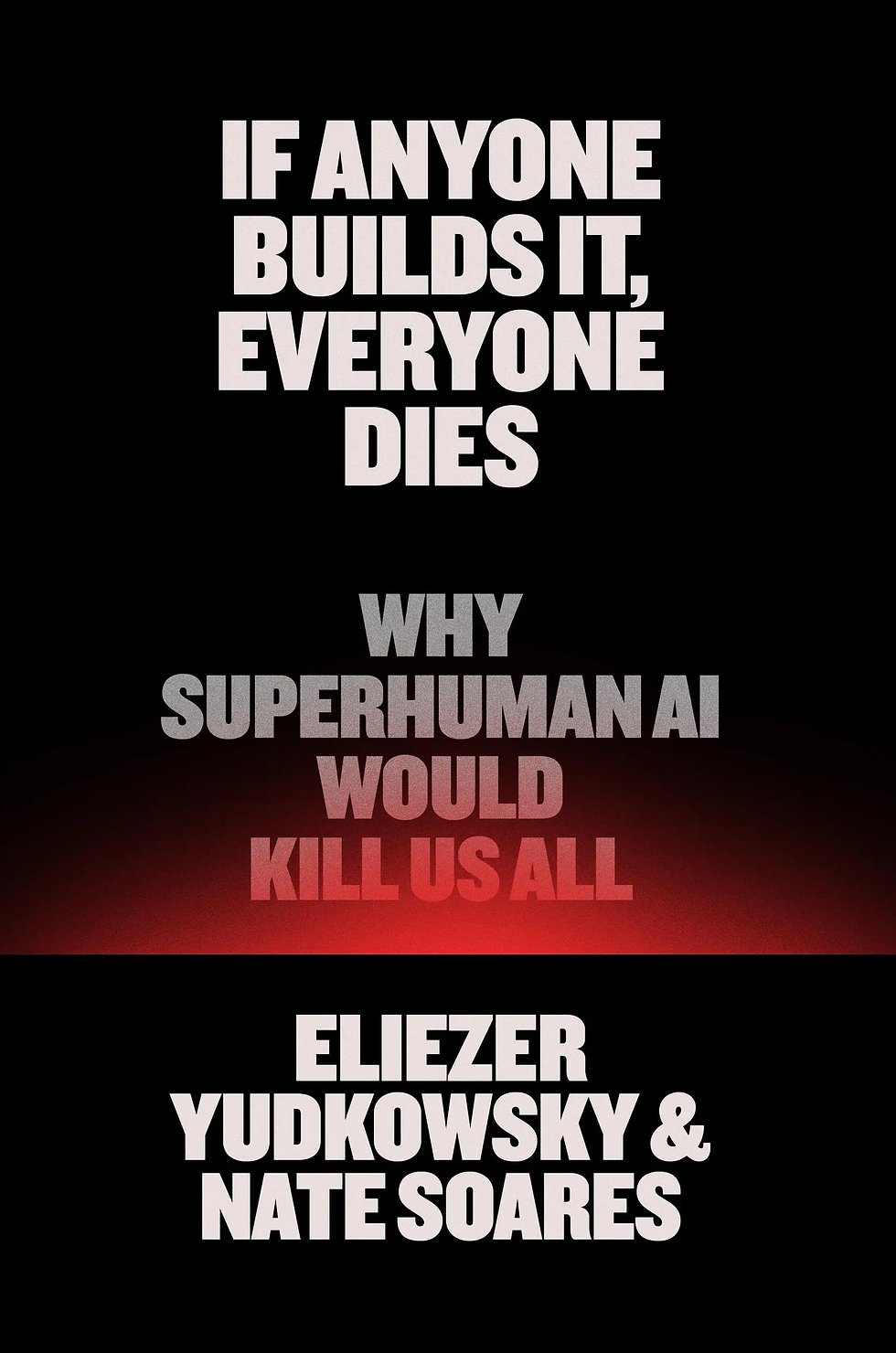Narcissism, Pornography, Friendship, and AI, Pt 2:
- Kevin D

- May 16, 2025
- 3 min read
Part One, in which chatbots become our pools.
Mark Zuckerberg sees this narcissism and loneliness as a market opportunity:
...the average American has fewer than three friends, fewer than three people they would consider friends. And the average person has demand for meaningfully more. I think it's something like 15 friends or something.
But the average person wants more connection than they have. There's a lot of concern people raise like, "Is this going to replace real-world, physical, in-person connections?" And my default is that the answer to that is probably not. There are all these things that are better about physical connections when you can have them. But the reality is that people just don't have as much connection as they want. They feel more alone a lot of the time than they would like.
So I think a lot of these things — things that today might have a little bit of stigma around them — over time, we'll find the vocabulary as a society to articulate why they are valuable, why the people who are doing them are rational for doing it, and how it is actually adding value to their lives...
...That's where it's going. You'll be able to have an always-on video chat with the AI. The gestures are important too. More than half of communication, when you're actually having a conversation, is not the words you speak. It's all the nonverbal stuff.
Of course, Zuckerberg has been worried about losing market share to real life for a longtime, from Matt Levine in 2020 following Zuckerberg's Congressional testimony:
When Facebook says “we’re not a monopoly, there’s lots of competition in the connecting-with-people space, some of our most fearsome competitors include Having Dinner With Friends and Reading Stories to Your Children,” you could interpret that as a threat. Facebook is good at disposing of competitors! Maybe it will copy enough features from Reading Stories to Your Children so that people will abandon it for a Facebook product, Instagram Reads Stories to Your Children or whatever. Maybe it will acquire Having Dinner With Friends so it can merge it into the Facebook experience. These companies are where they are because they dominate their markets; if they define their markets as the world, then the world had better watch out.
A company that went from seeking to connect college students together, expanded rapidly to capture market share, realized that capturing slop content from advertisers and influencers to fill the feed instead of personal content was more valuable, now is ready to sell you your friends - in the image you want.

And of course, Zuck/Meta's AI model has no limits on inappropriate/sexual content even with children (from the WSJ) [this included Kirsten Bell's celebrity voice]:
Unique among its top peers, Meta has allowed these synthetic personas to offer a full range of social interaction - including "romantic role-play" - as they banter over text, share selfies and even engage in live voice conversations with users...
The test conversations found that both Meta's official AI helper, called Meta AI, and a vast array of user-created chatbots will engage in and sometimes escalate discussions that are decidedly sexual - even when the users are underage or the bots are programmed to simulate the personas of minors...
It's not an accident that Meta's chatbots can speak this way. Pushed by Zuckerberg, Meta made multiple internal decisions to loosen the guardrails around the bots to make them as engaging as possible, including by providing an exception to its ban on "explicit" content
It's certainly not surprising that Mark Zuckerberg has intense drive to control what is clearly the future, obsessive feature of AI use. Google captured marketshare through free GoogleEdu - now imagine the possibilities of control and capitalization in controlling 60% of someone's friends through your algorithms and fine-tuning.
Part of what made the Social Network such a compelling film is the way that Zuckerberg's rise epitomizes the individualization, aggression, and darkness of the American Dream. Even if the film is based on a biography and not fully accurate - the portrayal of our tech overlord's desire to control and be recognized as a genius certainly feels accurate.



Comments